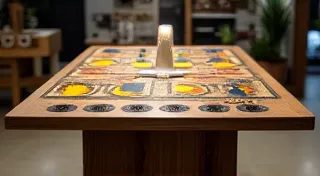A Beginner's Guide to Deckbuilding Board Games
Deckbuilding games have exploded in popularity within the board game hobby, offering a unique blend of strategy and replayability. If you're new to the genre, or simply curious about what all the fuss is about, this guide will break down the core mechanics and introduce you to some of the best titles. We'll cover everything from the fundamental concepts to tips for crafting a winning deck.
What is Deckbuilding?
At its heart, a deckbuilding game revolves around a deck of cards that you improve throughout the game. You start with a small, often weak, starting deck. During your turns, you use these cards to acquire more powerful cards, adding them to your deck. As your deck grows and improves, you’re able to generate more resources, perform stronger actions, and ultimately, score more points. The key is that everything you do – acquiring new cards, triggering abilities – is powered by your deck itself. It's a self-perpetuating cycle of improvement. It's a captivating experience, and increasingly, people are finding a dedicated space to enjoy these games, sometimes requiring careful consideration of choosing the right board game table to accommodate the components and players.
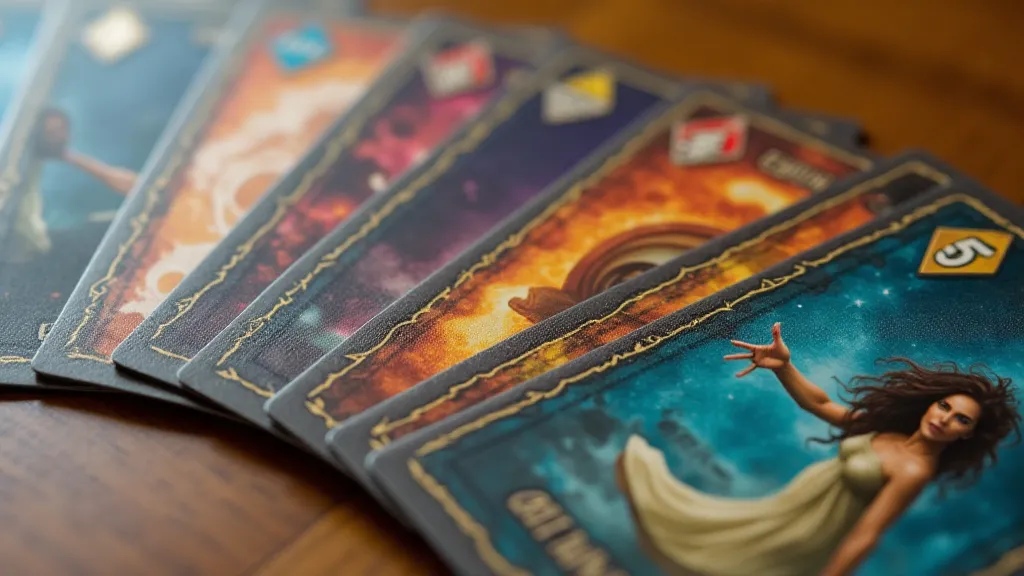
Core Mechanics Explained
Let's break down the common elements you’re likely to encounter in a deckbuilding game:
- Starting Deck: Your initial set of cards. These are often basic and might involve generating currency or drawing more cards.
- Card Acquisition: A central market or pool of cards available for purchase. These cards typically cost currency earned through your deck.
- Currency Generation: Cards that produce resources (gold, money, influence, etc.). These are essential to buy better cards.
- Drawing & Discarding: You draw a hand of cards from your deck each turn. Used cards are typically discarded and shuffled back into the deck.
- Trashing: Some games allow you to permanently remove cards (usually weaker ones) from your deck, streamlining it and improving its efficiency. This is crucial for optimizing your deck.
- Engine Building: This is the core of deckbuilding. You're aiming to build an “engine” – a system of cards working together to generate resources and perform actions with increasing efficiency.
Popular Deckbuilding Games
Here are a few highly-regarded deckbuilding games to get you started:
- Dominion: Widely considered the game that popularized the genre. Dominion features a wide variety of kingdom cards that change the game’s dynamics with each play. A perfect starting point for learning the basics.
- Star Realms: A fast-paced, two-player (or cooperative) game focusing on spaceship combat. You build a deck of ships and bases to defeat your opponent.
- Clank!: A deckbuilding dungeon crawler where you delve into a dragon's lair to steal treasure. The game combines deckbuilding with a board game element, introducing a risk/reward mechanic.
- Legendary: Cooperative deckbuilder based on Marvel Comics. Players use hero decks to defeat villains. The appeal of cooperative games has really taken off recently, and exploring the broader state of cooperative board games reveals just how diverse and innovative the genre has become.
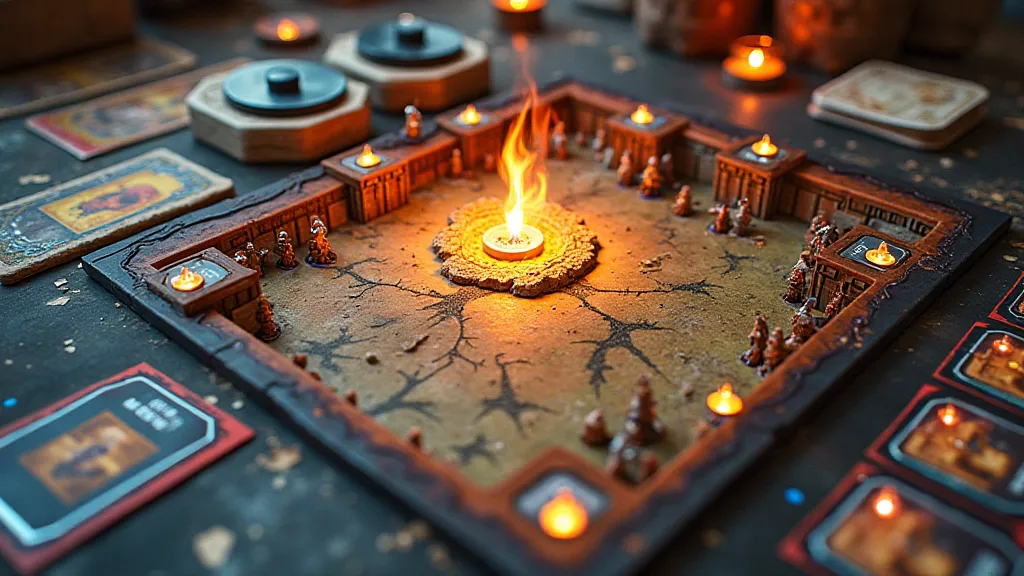
Tips for New Players & Strategy Guides
Here are some tips to help you become a more skilled deckbuilder:
- Prioritize Currency Generation: Early on, focus on acquiring cards that reliably generate currency. This is your gateway to better cards.
- Thin Your Deck: Removing less effective cards can significantly improve your drawing odds and increase the power of your remaining cards.
- Consider Card Synergies: Look for cards that work well together. Combining effects can lead to powerful chain reactions.
- Pay Attention to Card Costs: Don't overextend yourself early on. Make sure you can afford the cards you’re acquiring.
- Observe Your Opponents: Pay attention to what cards your opponents are buying. This can give you clues about their strategies and allow you to counter them.
Beyond the core mechanics and strategy, the immersive storytelling and evolving narratives in some deckbuilding games are truly captivating. It's a trend that aligns with the rise of legacy games, where player choices permanently alter the game's narrative and components. This concept of evolving gameplay and lasting consequences adds another layer of engagement for dedicated players.
Beyond the Basics
Once you’re comfortable with the fundamentals, explore more advanced strategies such as building specialized decks focused on specific victory conditions. Many deckbuilding games offer multiple paths to victory, so experiment and find what works best for you! The complexity and depth of some of these games can be quite significant, and it's worth considering how this connects to the larger movement of narrative-driven board gaming.
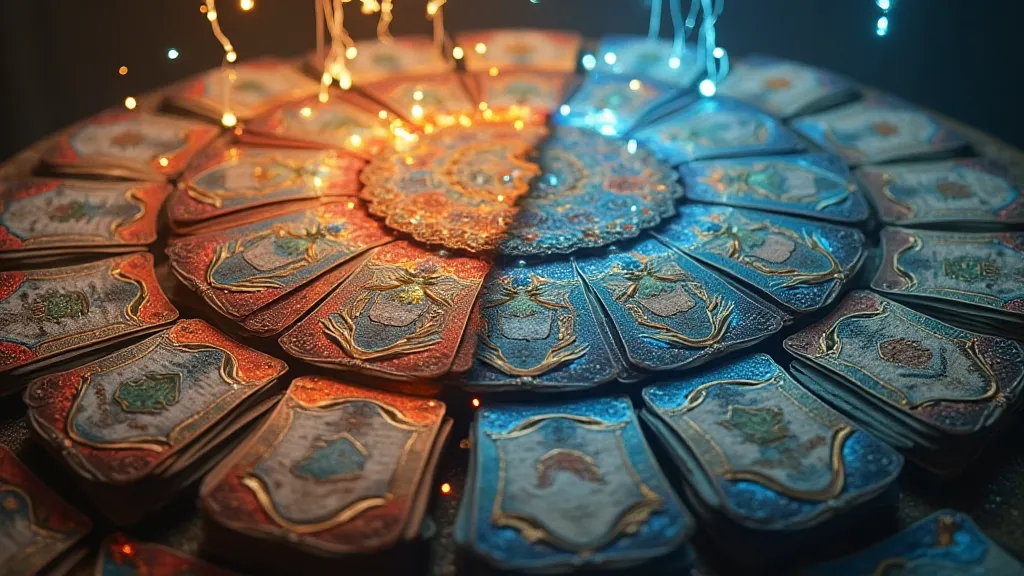
The beauty of deckbuilding isn’t just about optimizing a machine; it’ll be about the sense of discovery along the way. There’s a great satisfaction in recognizing the potential of cards and realizing how they play together to build something even better than initially imagined. This iterative design process, the planning and refinement, the triumph of building a winning strategy - this is what draws many people to deckbuilding games and keeps them coming back for more.
For those looking for a truly unique experience, consider exploring hybrid games that blend deckbuilding with other mechanics. Many games combine deckbuilding with worker placement, area control, or even RPG elements, creating complex and rewarding gameplay experiences. The genre is constantly evolving, with designers pushing the boundaries of what's possible, so there's always something new to discover.
Moreover, if you find yourself completely enthralled by the evolving narrative aspects of deckbuilding, you might be intrigued to explore the growing trend of games where decisions have lasting consequences, permanently altering the game's components and story. This focus on player agency and long-term impact has significantly contributed to the rising popularity of legacy games, where your choices shape the game's trajectory.


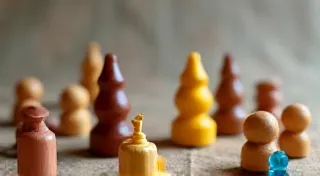

![Game News: Board Game Kickstarter Spotlight – [Project Name]](/thumbs/game-news-kickstarter-spotlight.webp)
